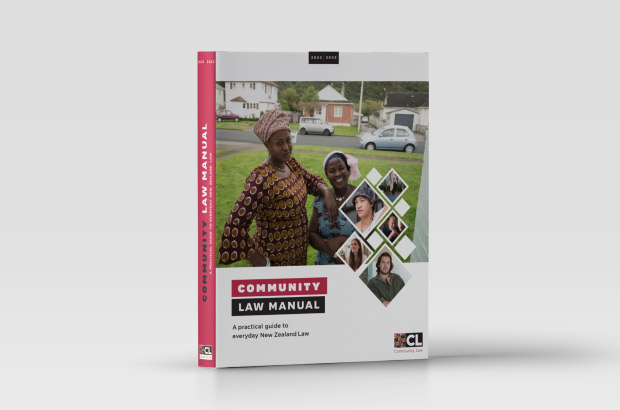ACC entitlements: Treatment, compensation and other support
Loss of income
Weekly compensation (weekly ACC payments)
Accident Compensation Act 2001, ss 97–106, 112, 113; Schedule 1, clauses 32–53
Weekly compensation is payment for loss of income or loss of the ability to earn money because of your injury. Generally you’re paid 80% of your pre-injury weekly earnings, up to a weekly maximum.
Weekly compensation is calculated in different time periods. The first week after your injury, you will only get paid if you were injured at work. After that, your ACC weekly compensation starts. The amount you will get from ACC is calculated differently after the first four weeks of ACC payments. See the chart below for how your payments are calculated.
|
Time after injury |
Compensation |
|
First week after injury |
If you were injured at work, your boss has to pay you compensation in the first week. You get 80% of the amount you earned in the 7 days before your injury.If your injury didn’t happen at work, you don’t get any compensation for the first week, either from ACC or your boss. |
|
Weeks two to five after injury: ACC weekly compensation starts |
In the first 4 weeks of weekly compensation from ACC you get 80% of your average income from the month before your injury. |
|
Every week thereafter |
After that, you get 80% of your average income from the year before your injury. |
This means you could have changes in your weekly compensation depending on your average monthly income and average yearly income before your injury.
If you get any other income after your injury ACC will reduce the amount of weekly compensation they pay you.
Qualifying for weekly compensation: The “incapacity” test
You can qualify for weekly compensation whether you’re an employee, self-employed, or an independent contractor.
You’ll qualify for weekly compensation if:
- you were working when you were injured and you’re unable to work because of the injury
- if you recently stopped working, and:
- your final pay covers the period since you stopped work, or
- you were injured within four weeks after stopping work and you’d arranged to return or start a new job within three months (or within 12 months if you’re a seasonal worker), or
- you were injured while on parental leave, if your injury means you’re unable to go back to work when your parental leave ends. Your entitlement to weekly compensation begins from the date you would otherwise have had to go back to work at the end of the parental leave.
- your injury stops you doing the kind of work you’re qualified for, and:
- you had stopped working for a short time, or
- you had purchased the right to weekly compensation (“ACC Time Out cover”), or
- you were under 18 when you were injured, or were in full-time study that you began when you were still under 18 (you’re called a “potential earner” in those situations).
How long will I get weekly compensation for?
Usually, you’ll get weekly compensation until you’re able to do your job again. But if you’re permanently incapable of doing your pre-injury job, ACC doesn’t usually allow you to get weekly compensation indefinitely (although this does happen in some cases – for example, with serious brain or spinal injuries).
Instead, when your vocational rehabilitation is finished, you’re assessed on the basis of the “vocational independence” test – that is, whether you’re capable of working full-time in a job which you’re suited for because of your experience, education or training.
In deciding what kinds of jobs you’re suited for, the assessors have to take into account how much you were earning before you were injured.
If the assessors decide you do have vocational independence, your weekly compensation will continue for another three months and then it will stop.
If you can’t find a job during those three months, you’ll need to register with Work and Income to apply for a benefit, such as jobseeker support (see: “Dealing with Work and Income”).
If your condition gets worse later on, so that you no longer have vocational independence, you can reapply to ACC for weekly compensation.


